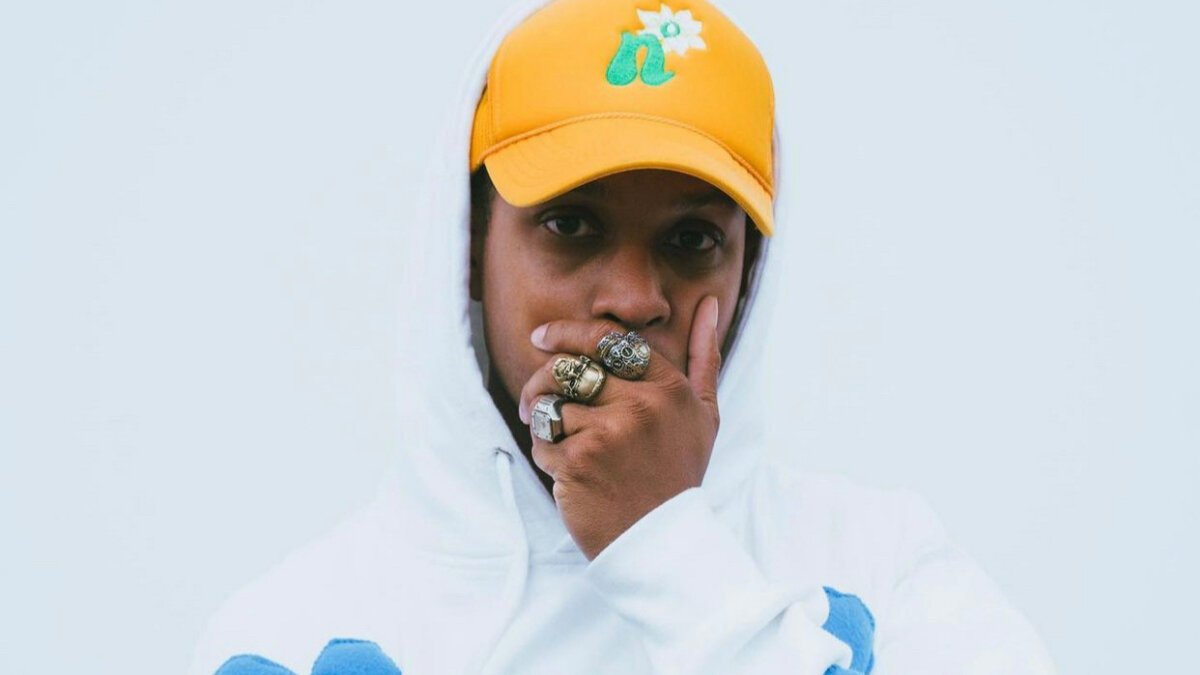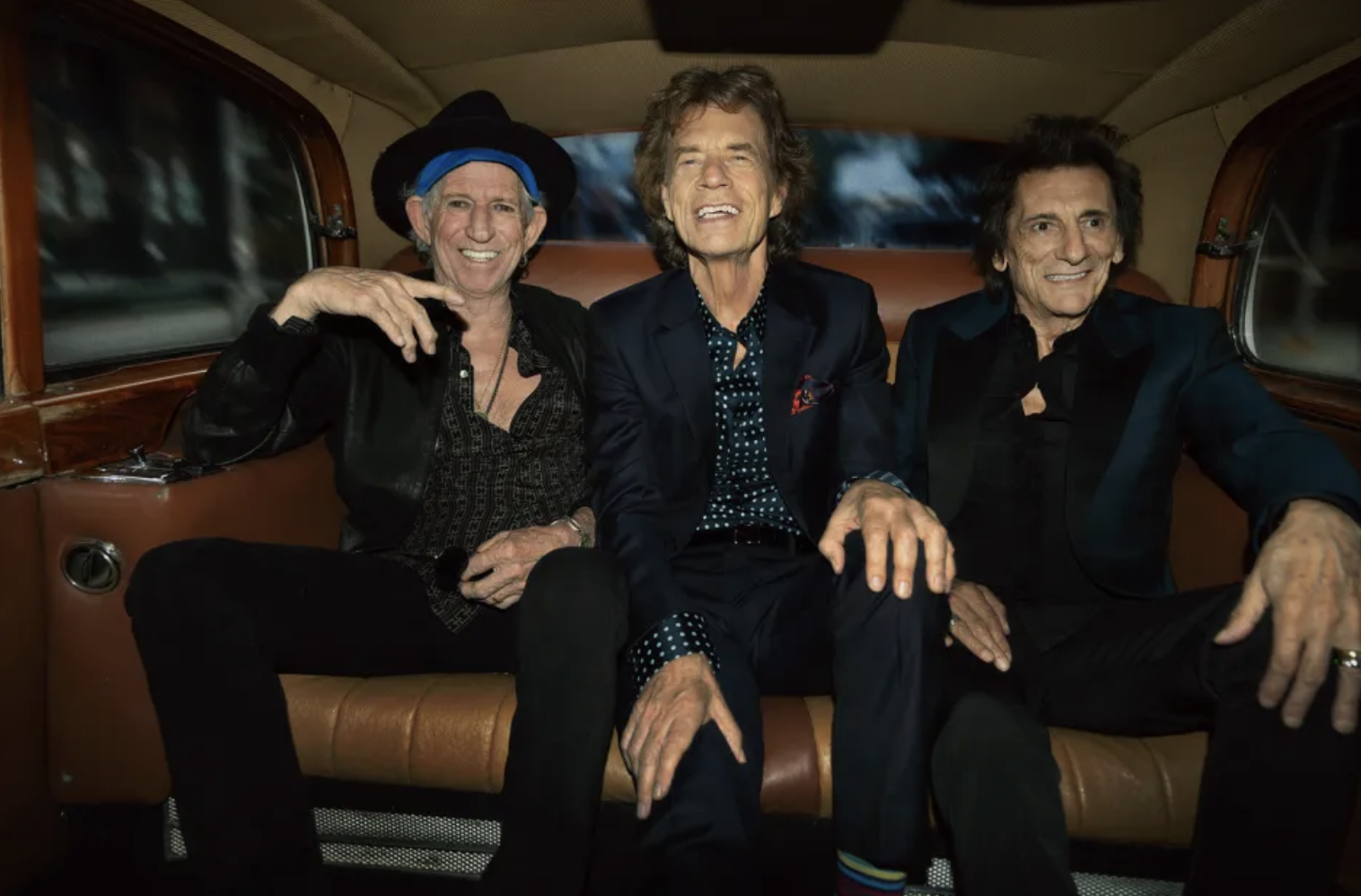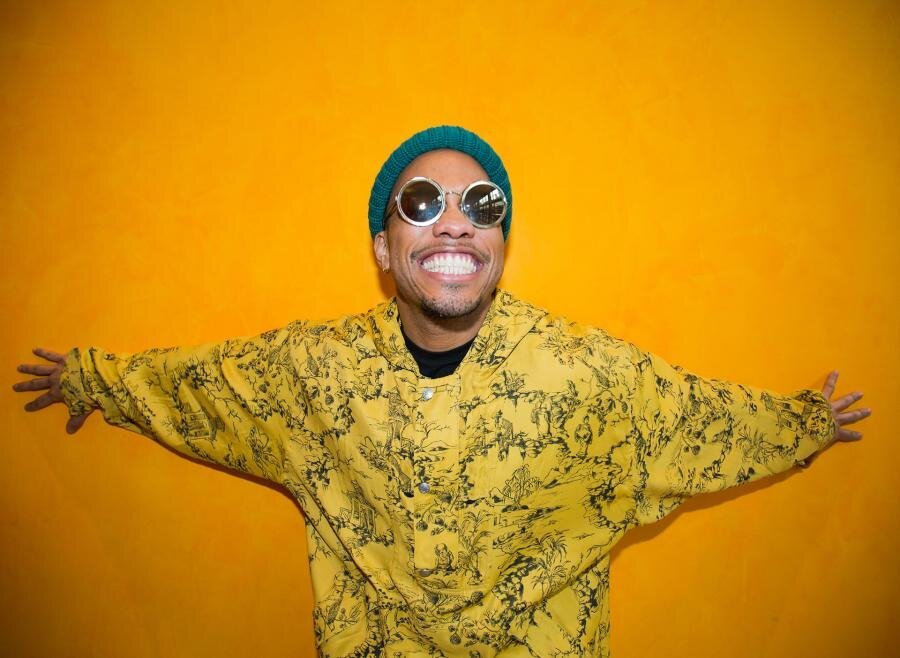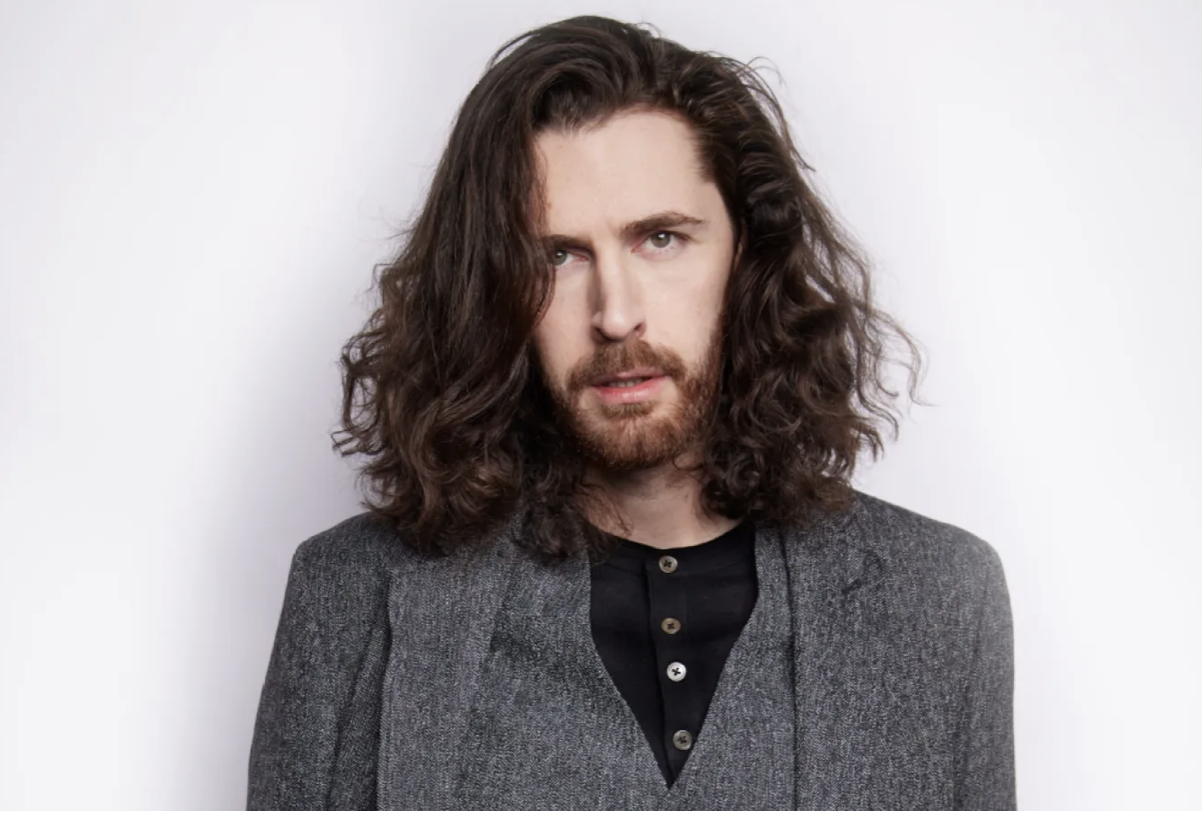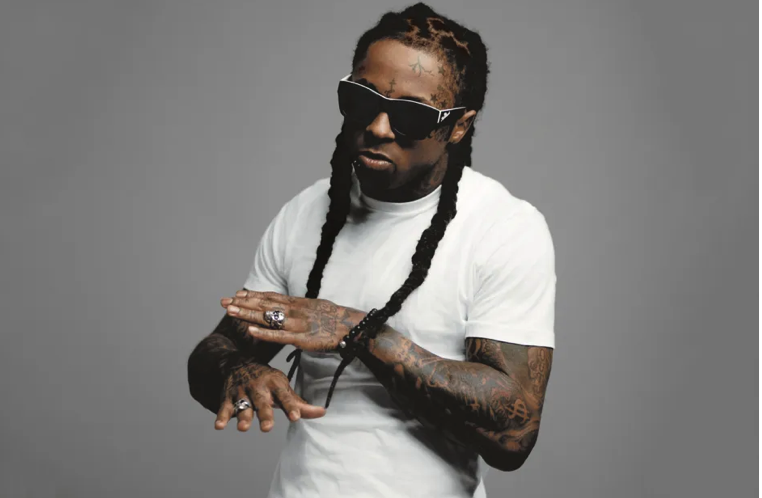Vampire Weekend was Playful and Juvenile Proved a Point at Jazz Fest
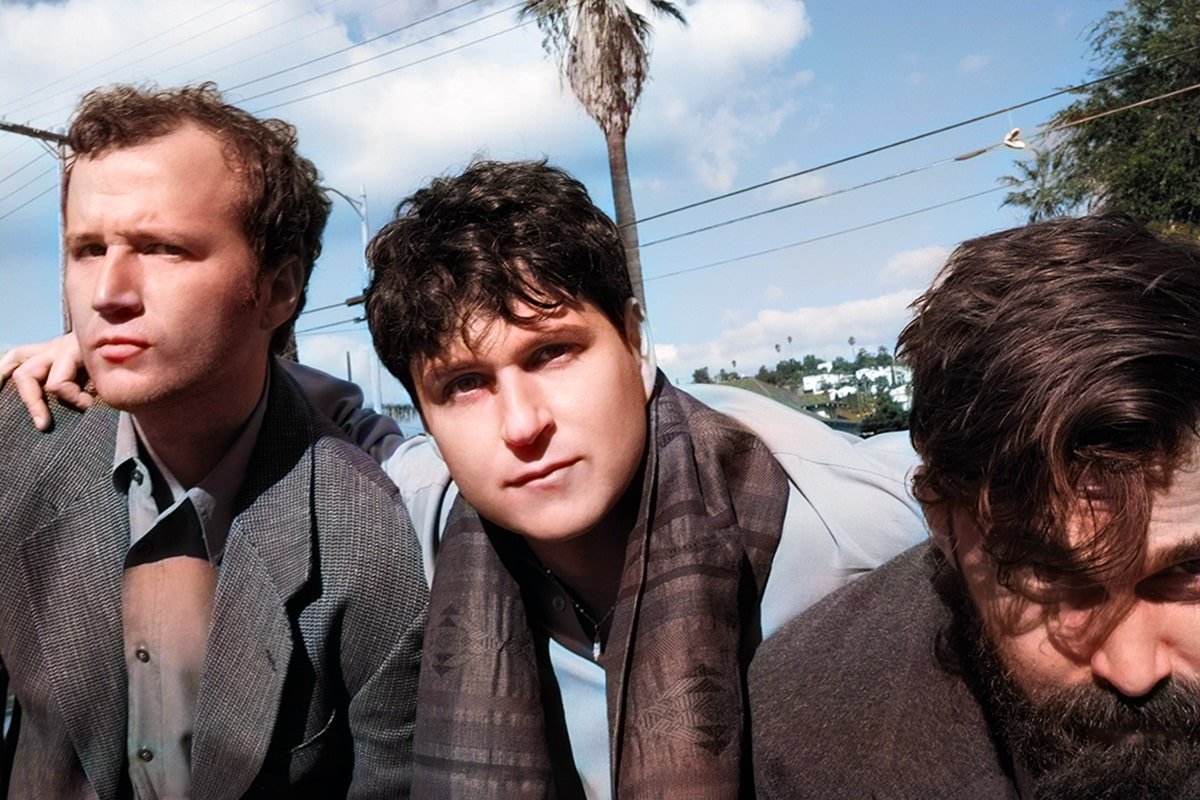
Vampire Weekend, by Michael Schmelling
On Saturday and Sunday of Jazz Fest 2024, Heart was predictable, Juvenile with Mannie Fresh should have been, and Vampire Weekend and Anderson .Paak through curve balls in different ways.
There was a lot of foot traffic on the back stretch at the Fair Grounds on Sunday as people bounced between Heart, Juvenile with Mannie Fresh and Hot Boy Turk, and Anderson .Paak and the Free Nationals. In ways, they represented Jazz Fest’s headliner tier at its best with a beloved favorite, a great local act, and a relevant act that New Orleans doesn’t see very often. People who wanted to see all three used the track to spend some time with each one.
Heart delivered exactly what you’d expect on the Shell Gentilly Stage, and maybe more. They played solid, professional rock ’n’ roll and leaned on the rock, complete with four guitarists at times. That made them heavy, and it gave the band the muscle to balance Ann Wilson’s voice. You could hear that it now has limits that weren’t there in the ‘70s and ‘80s, but she’s smart enough to know how to nuance them so that they never sounded like deficiencies. The setlist reminded casual fans of how many hits Heart had, and two Led Zeppelin covers—“Going to California” and “The Ocean”—serve as a reminder of the band’s early days when they were reviewed as Zeppelin imitators with a female singer.
The show was a reliable hitmaker show, but Ann and Nancy Wilson gave it extra buzz as feminist rock ’n’ roll icons. They never got much critical respect when their records came out and had to fight for themselves inside the industry, so seeing them getting their love from a packed stage was powerful on its own.
Meanwhile, Juvenile and Mannie Fresh—also billed with Hot Boy Turk—led a show at the Congo Square Stage that seemed designed to make the point that the producers had screwed up by not booking Juvie for years. They played a straightforward show that was easily accessible and avoided the annoying crutches of live hip-hop shows—rapping over tracks with the original vocals clearly present, the airhorn cutting off songs after a minute or two. Instead, they gave the packed crowd a trip through Juvie’s catalogue with a live band including Fresh. Not surprisingly, it often felt like a street party, where getting the audience moving was more important that admiring Juvie’s genius.
That was part of the aesthetic that underpinned bounce and New Orleans hip-hop in the first place, and that generation of rappers and DJs have become central to the way parts of New Orleans parties. Juvenile, Mannie Fresh, Hot Boys, and a lot of Cash Money music still start the party for many of the neighborhood bars and social aid and pleasure clubs. It was a measure of how much Juvie has become part of the fabric of New Orleans that one beer vendor on the track had to interrupt a sale to do the Nolia Clap when the song’s chorus rolled around.
When the schedule dropped, I wondered how it was going to work to have Anderson .Paak on at the same time as Juvenile since their audiences would likely overlap. On Sunday, Juvenile clearly won as you’d expect as a hometown hero, and Paak had a disappointingly small crowd on the Festival Stage. I doubt it came as a big surprise to promoters, though I’m sure they hoped for better. Paak’s show at Champions Square in 2019 similarly drew an average-sized crowd, but those who saw him then and last weekend were committed, and for good reason. Paak’s DJ-centric take on ’60s pop-soul is easy to like, and he surrounds himself with quality players with personality including Maurice Brown on trumpet.
Paak’s challenge is that his music grooves easily, but he prioritizes the groove to such a degree that his songs often work better as rides than songs. He pays attention to the sonic textures, so “Suede,” for example, brought The Isley Brothers and Curtis Mayfield to mind in a song that also name checked Marvin Gaye and Bloodstone. That quality gives his songs a shimmer as they live in the past and the present, and it made him a natural pairing with Bruno Mars for Silk Sonic. It also made him someone who will likely return to Jazz Fest, but on Sunday, he spent a lot of time in mid-tempo grooves that would be sexier at night and in a club. At the end of the second windy day in the dust at the Fair Grounds, he needed more fastballs to lock down the crowd that showed up.
Saturday was simpler. Chris Stapleton or Vampire Weekend. I went with the latter, who played the Shell Gentilly Stage at Jazz Fest shorthanded. Singer Ezra Koenig started the show by announcing that bassist Chris Baio couldn’t make the show because he was ill, and drummer Chris Tomson would take his spot. Since they had a second percussionist in Garrett Ray, that solution worked well enough, and for roughly half the set guitarist Ray Suen played bass so Tomson could return to the drums.
The change left the band sounding slightly thinner and maybe a little lighter, but in ways the band probably noticed more than we did. Still, it seemed to put them in a more casual mood, as if there was no point getting too precious with the show because it wouldn’t be right without Baio anyway.
That translated to a playful approach to the afternoon, with the band members wearing vintage Jazz Fest shirts that they found in a local secondhand. Vampire Weekend also winged a verse and chorus of Bruce Springsteen’s “Hungry Heart” as a birthday present to a fan, even though Koenig only half-remembered the words. When he fished for another request, he settled on their own song “Bryn” in response to a sign a girl named Bryn held up. After wrestling their way through a verse of chorus of that one, Koenig decided they probably did a better job with Springsteen.
Later, Koenig took a break from their set to try on Bob Dylan’s “When He Returns” from Slow Train Coming, ostensibly because he wanted to challenge piano player Will Canzoneri to play gospel. Like the other covers, the fact that they tried is the gesture that lasted—that and Dylan’s phrase “drunk on fear,” which seems to define 2024.
The band’s current tour has seen a number of covers including “Total Eclipse of the Heart” and songs by Gram Parsons, Phoenix, and Chromeo, so while the moments felt special, some of the fun was just good showmanship. Still, it was a step farther than the band likely goes on a nightly basis when Koenig called “Big Chief” and challenged Canzoneri to play the New Orleans piano classic. He made it, but it was no surprise that the band tapped out before it tried to get into the verse and showed its ass.
The show around those covers felt similarly lighthearted. They slowed down “Flower Moon” from 2019’s Father of the Bride and gave it a “Saturday night” feel, and Koenig tried to tie the new “Connect” from Only God Was Above Us, dubbing its running baseline and cocktail organ as “Psychedelic Gershwin.” That tone made sense in the late afternoon of an outdoor festival where it’s hard to land angst, but it also worked because I’m not sure Koenig can really sell heartbreak. He still has the hairline and bangs of a guy whose biggest concern in life is who he’s taking to prom, and the band’s core buoyancy is hard to fight. The audience almost exploded with bouncy glee during “A-Punk” and “Oxford Comma,” and while not everything was that bubbly, if any song had lyrical gravity Saturday, you couldn’t hear or feel it.
Creator of My Spilt Milk and its spin-off Christmas music website and podcast, TwelveSongsOfChristmas.com.


